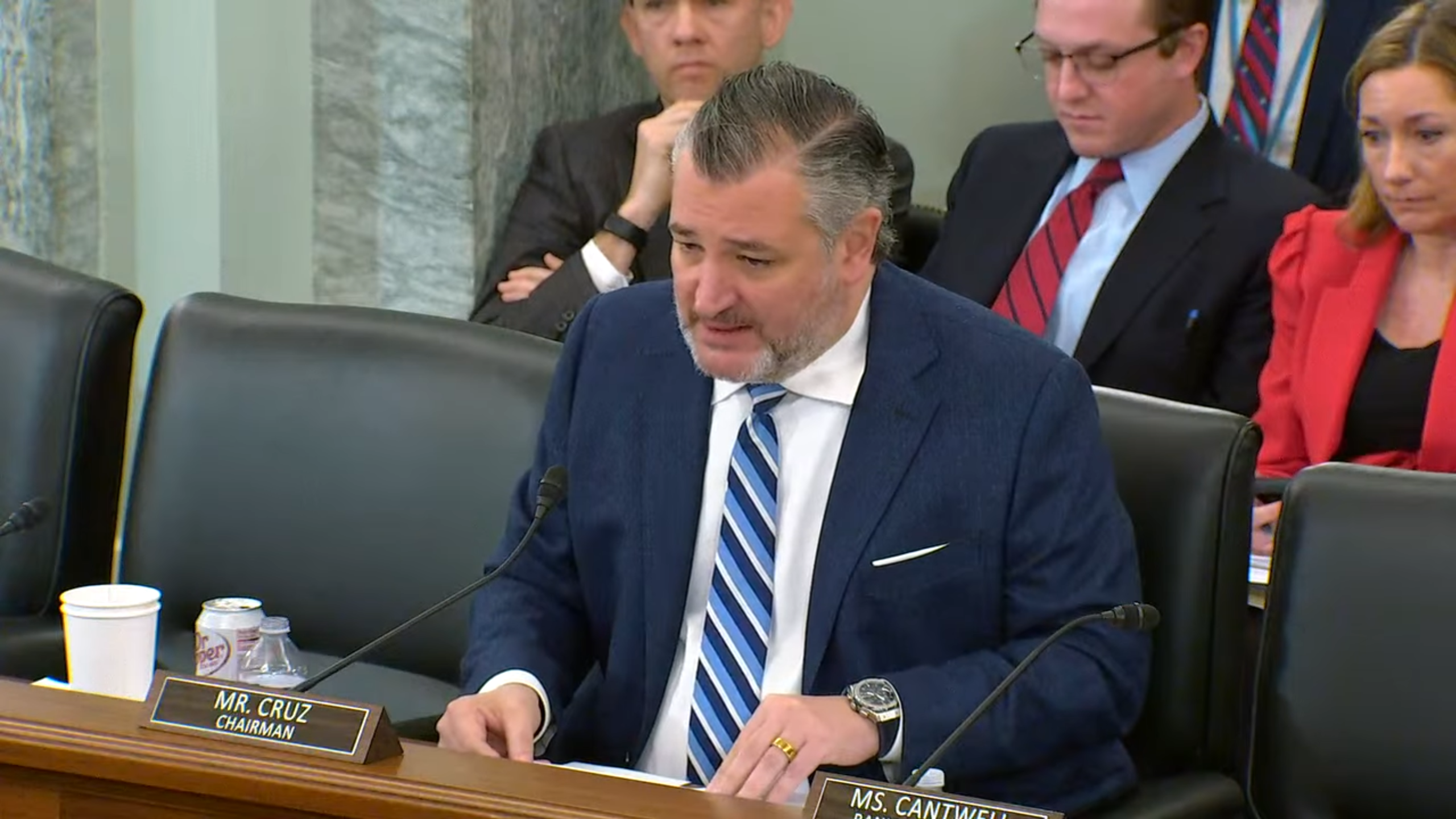Broadcast flag issue expected to shift to Congress
The professional video industry's #1 source for news, trends and product and tech information. Sign up below.
You are now subscribed
Your newsletter sign-up was successful
Premium television content producers have long threatened to withdraw their HD programming from over-the-air broadcast TV unless those programs are protected from piracy. Now, a ruling by the United States Circuit Court of Appeals could challenge them to make good on those threats.
After the court struck down the broadcast flag rule — which was to begin July 1 — the issue of broadcast piracy is expected to move to Congress. However, the issue is not simple and few expect a quick resolution through legislation.
The broadcast flag is a piece of embedded software that can block viewers receiving digital television programs over the air from re-transmitting them over the Internet. The court found that the FCC did not have the authority to require such a scheme in future digital TV receivers.
It is widely expected that advocates of the anti-piracy technology will try to circumvent the court’s ruling through federal legislation giving the FCC new authority to establish such rules. But industry experts say that might be a very difficult task.
Mike Godwin, legal director of Public Knowledge — one of the groups that won the case in the Circuit Court of Appeals, in an interview with the Technology Daily of the National Journal, gave two examples of the kinds of devices that could be affected by new broadcast flag rules: video capture cards that enable viewers to watch television on their computers, and external TV tuner devices that could connect television sets to computers. The cost of complying with the rules could drive such technology manufacturers out of business, he said.
For terrestrial broadcasters, the issue is a threat only if content providers refuse to provide stations with premium programming. The flag affects only those who receive digitally broadcast over-the-air television content. Programs viewed via cable or satellite were already subject to stringent copy protection schemes.
A broadcast industry source told the National Journal that the issue of FCC jurisdiction could be resolved if the broadcasters adopted a different approach of encrypting the content at the source — rather than mandating that machines recognize digitally marked content.
The professional video industry's #1 source for news, trends and product and tech information. Sign up below.
Under that scenario, the FCC would not have to be involved at all: the machine manufacturers simply would be licensed to hold the keys that could decrypt the content.
